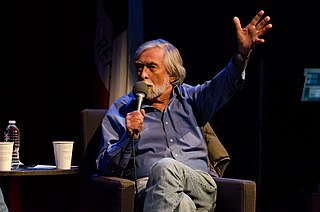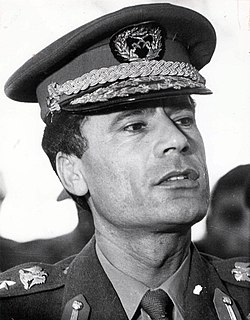A Quote by Aditya Dhar
As a Kashmiri Pandit, I have been hearing about terrorism from childhood. Directly or indirectly, we have also been victims of terrorism.
Related Quotes
I've been interested in terrorism from the very beginning. My first novel is about that, too, and I think one reason I've been so interested in terrorism is because I have a deep interest - one of my deepest interests - in image culture and how it works. And terrorism is an epiphenomenon of image culture.
If you view terrorism in Syria from one perspective and terrorism outside Syria from another perspective, it can create problems. If you view terrorism in categories such as good terrorism and bad terrorism, that too can create its own challenges.I think we should not look at these questions individually.
You can't think about terrorism without thinking about Palestinian terrorism. Palestinians began international terrorism. It started with them in 1968. They used it as the first resort, not the last resort. They invented it, they perfected it, they benefited from it and they taught the world how to use it and that it would be successful.
Because Al-Qaeda has been a non-state centered organisation, many of these scenarios do not exactly apply. These are not wars between states. And yet, it seems to me that we make a mistake if we accept the view that states are fighting terrorism, since we have abundant evidence for accepting the idea of state terrorism, and what is most urgent is to track and expose how state terrorism operates under the rubric of "democracy."




































